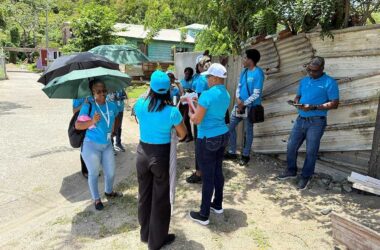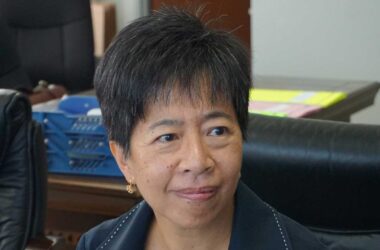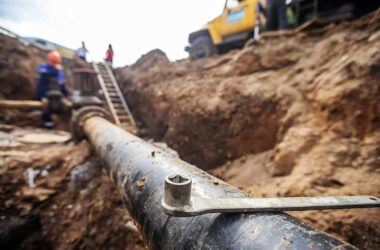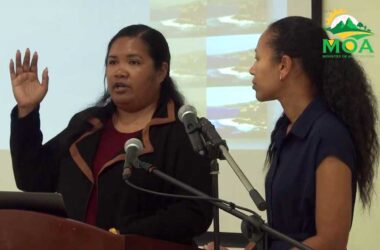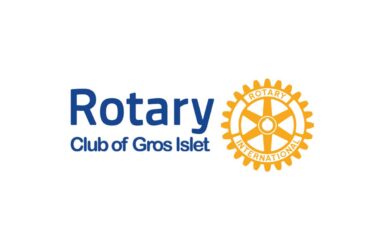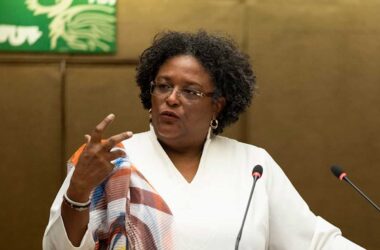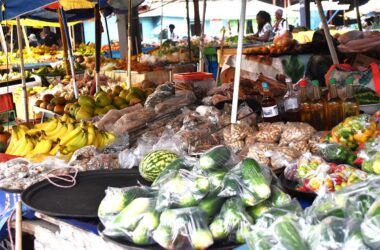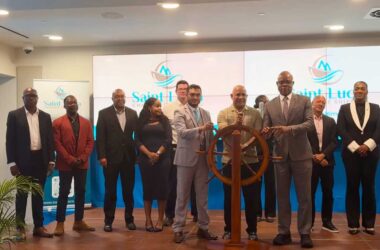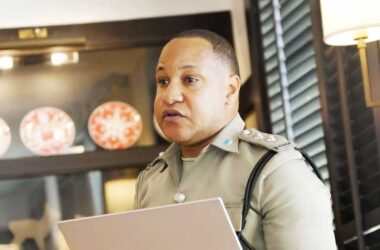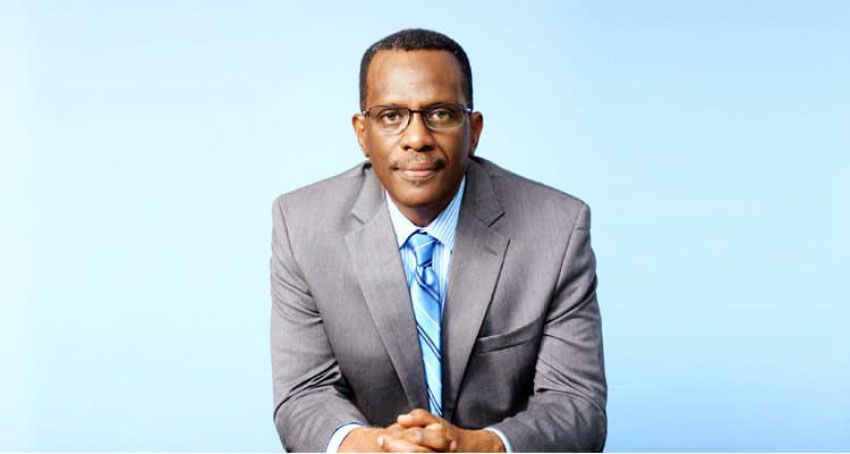
Stressing on the importance of technical action to mitigate challenges faced by the Caribbean Community (CARICOM), Prime Minister Philip J Pierre, Sunday, noted that without the aforementioned action, crises faced by small island developing states (SIDS) will only worsen.
“We will have no one but ourselves to blame for not devising the appropriate responses,” Pierre told leaders at the Opening Ceremony of the 43rd Regular Meeting of the Caribbean Community in Paramaribo, Suriname.
“We have complained for too long about the need for special and differential treatment given our vulnerabilities as SIDS. We have demanded too often that our graduation into middle-income status should not be used as a basis for denying us access to concessional financing reserved for the world’s poorest and most highly indebted countries,” Pierre said.
He added that SIDS have clearly articulated the need for climate vulnerabilities to be included in global commitments to financing for climate change adaptability and recovery.
For these reasons, Pierre noted, Saint Lucia is pleased with and fully supportive of the efforts of the Caribbean Development Bank (CDB) to develop a new economic model as a means of measuring National Income – Multi Vulnerability Index Resilience Duration Adjuster.
“We are fully cognizant of the need for such new tools to allow us access to development finance and debt forgiveness, since most of our debt have been the accumulated result of factors beyond our control, like climate change, wars, global financial crises, and global pandemics,” Pierre said.
“We urge and encourage our regional technocrats, CARICOM included, not only to develop these new tools but to undertake the necessary negotiations to convince the international financial institutions of the need to adopt these new measurements in the evaluation of the economies of CARICOM States,” he added.
According to him, regional technocrats and intellectuals must continue to re-evaluate and refine the models being used to assess economic and social progress.
Furthermore, he stated, they should also be prepared to spend more time gaining greater insights into the nature of the region’s challenges, and in the development of models that are better able to assist SIDS in advancing economically and socially.
“This region has the intellectual wherewithal to devise new and innovative models and strategies for our economic development,” Pierre observed.
Describing the world as increasingly uncertain at this present time, Pierre also spoke about the war between Russia and Ukraine, which he noted, has made life even more difficult for individuals.
“We are now experiencing the full brunt of runaway price increases for basic items such as fuel, flour, and bread, compounded by supply chain issues. The Russia-Ukraine war has left the entire world reeling from rising inflation,” Pierre said.
“I recently had to convene a special meeting of my Cabinet to discuss the price of bread in Saint Lucia; this is how serious and attentive these times have demanded. At this time, we are still reeling from the effects of the COVID-19 pandemic, which brought with it business closures, loss of productivity, reduced tourism arrivals, and the reduction in government revenues,” he added, noting that “the demands on our public health system, which we shouldered to keep our people safe, and the provision of social protection and support measures for vulnerable citizens have left governments of the region with very little fiscal space to move ahead to grow their respective economies.”
All of this, Pierre added, has followed from at least two decades of external shocks, from the slowdowns and attendant security costs stemming from the September 11 2001 terrorist attack on New York City, and the global wars which followed these attacks, to the impact of the 2008 global financial crisis stemming from the sub-prime mortgage crisis in the US.
“In between these economic and geo-political man-made crises, we have had to confront the natural annual cycles of cyclones and hurricanes, a feature of our environment, which in recent years have become more ferocious, destructive, and erratic,” Pierre said.


